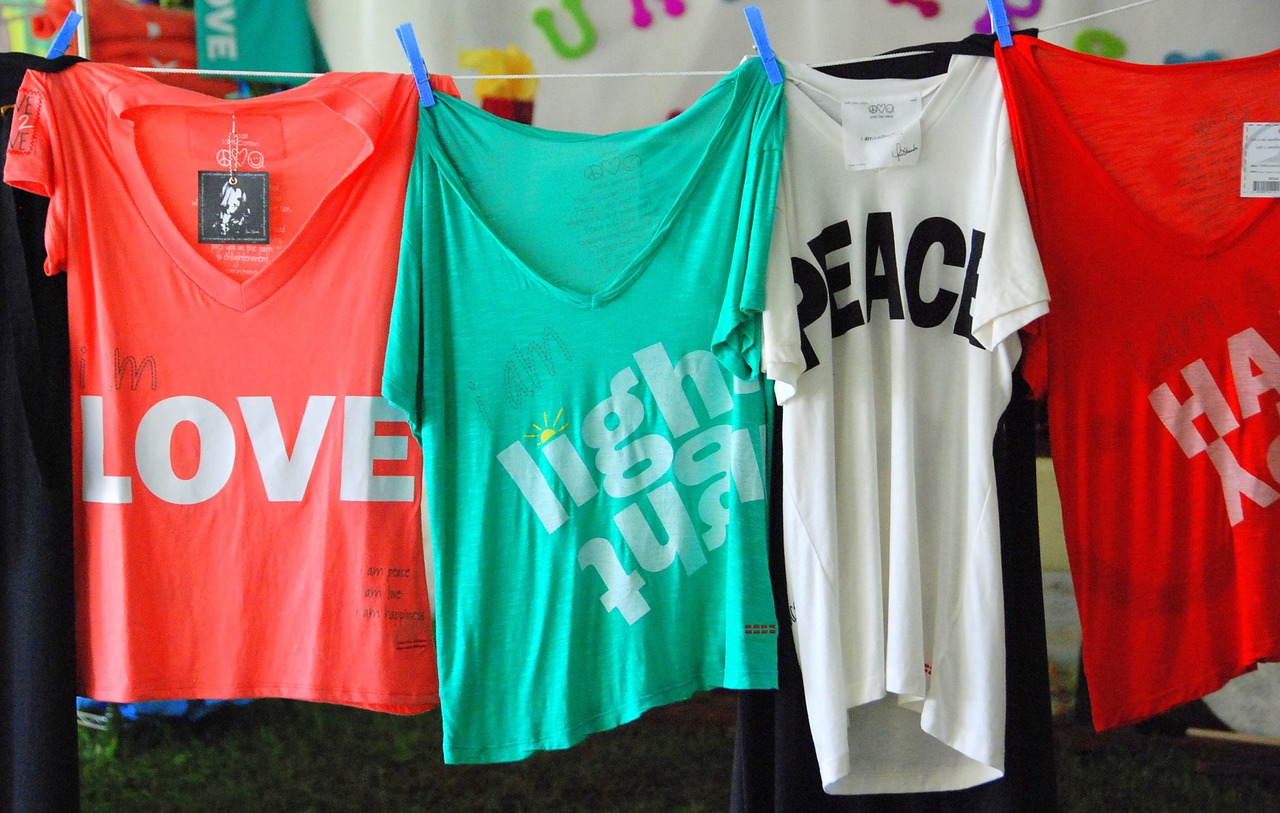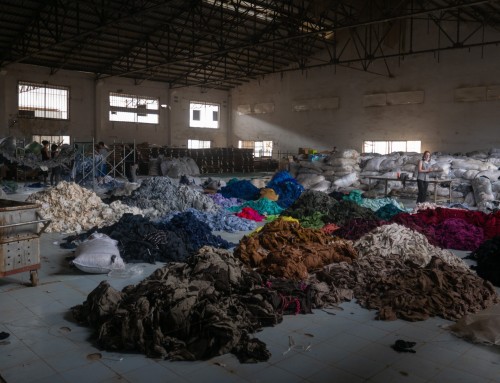Climate change, the environmental consequences of single use plastics, and the impacts of a wasteful, consumer driven society on the planet are not out of the news for long these days. But, nothing is really changing. Consumers still want to buy fashion at insatiable rates, not connecting devastating long term environmental consequences with the production of super cheap garments that are simply chucked in landfill when no longer needed. And fashion brands are only too happy to meet this demand. Is it time for more extreme measures to create a sustainable future? And are consumers likely to support these?
Cheap clothes are winning over environmental devastation
The burning of the Amazon rainforest has caused horror and concern amongst many people. People are happy to support sustainable strategies such as paying 10p for a single use bag to help reduce plastic waste in our oceans. But they still won’t give up their fast fashion, responsible for a huge amount of global pollution every single year. Instead of consumers taking a step back and heading advice from organisations such as WRAP to buy less clothes, they’re now shopping at an unprecedented rate. In 2019, it’s been reported that Britons have spent £2.7 billion on single use fashion items for their summer holiday, with most of those realistically destined for landfill. It seems that nobody can ever get enough clothes, with the environmental impacts happily ignored for a new £3 t shirt to wear just the once.
Why is there such a massive disconnect between consumers and fast fashion impact?
It’s a tricky one. Consumers are showing signs of wanting to support sustainability, becoming more educated and aware of fast fashion impacts, including buying from fairly sourced fashion companies. But there’s still a massive gap between what they say they want to do and what actually happens. It’s easy to blame consumers of course; brands and manufacturers are only too happy to supply never ending fast fashion including the environmentally-questionable clothing subscription boxes from Amazon or Stitchfix to keep up with artificially created fashion seasons. The desire for profit over environmental responsibility seems to be difficult to break, especially when Governments themselves seem reluctant to implement policies that could have real, lasting change.
Are unpopular answers the answer to address environmental impact?
Policies and behaviour change so far seems to have been tinkering at the edges of truly affecting sustainable change in the fashion industry. But, with catastrophic consequences if nothing changes, perhaps it’s time for a more hard-hitting approach mooted by groups such as Greenpeace and WRAP? This could include:
- Significantly increasing the cost of fashion garments.
- Brands should stop marketing fast fashion items completely.
- Banning fashion hauls on social media.
- Showing the real environmental consequences of fast fashion, honestly and accurately in advertising.
- Introducing tax incentives for reusing and repairing clothes.
Obviously, these approaches would be met with huge opposition from consumers, fashion manufacturers, social media companies and retailers alike. But taking extreme measures like these may be the only way to get consumers to wake up to the devastating potential consequences of their fast fashion addiction. Making the constant buying of fast fashion undesirable, as well as addressing the social pressure of constantly having to acquire more and more might be the only answer.
Does sustainability need to get more extreme to be effective?
While a more extreme approach might work to create an initial shock, it’s unlikely to create lasting and sustainable change for the entire fashion industry that’s really needed. Instead, more hard-hitting policies should be used in combination with genuine recycling schemes, new fabric developments and real efforts to close the fashion loop through transparency and technological advances. But, as much as brands and manufacturers can support recycling and create eco-policies, until the constant buying treadmill from consumers stops, fuelled by advertising and social pressure, nothing will change. Maybe it’s time for some hard-hitting honesty from the industry.
Textile Consult operates globally and in the UK, consulting on a variety of management, training and sustainability issues within the textile industry. Contact us today to find out how we’ll work with you to find effective, sustainable solutions for your company.


